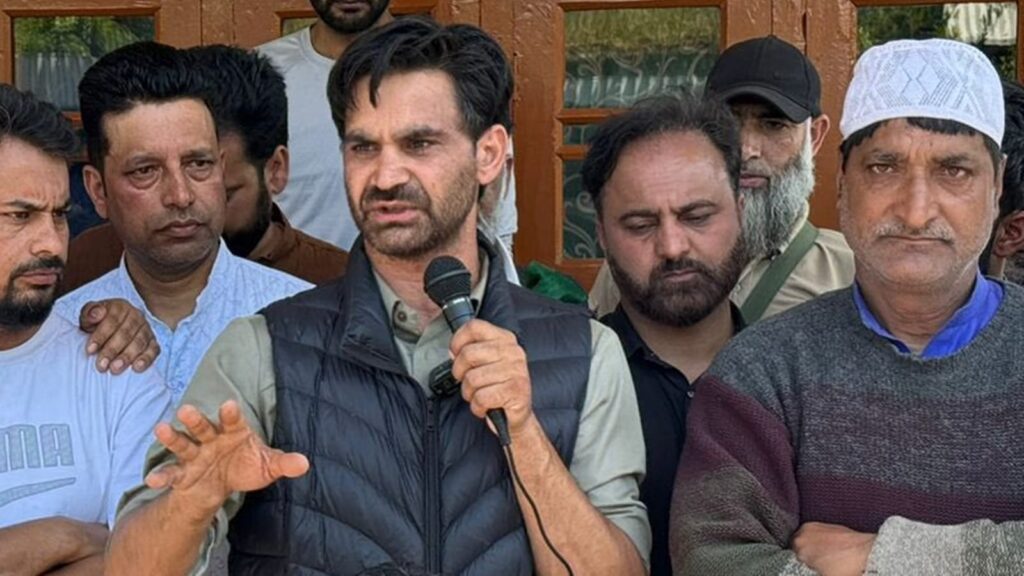In what may fuel demands for “rationalisation” and “proportional representation” in the new reservation policy for Jammu and Kashmir, a reply submitted in the Assembly Tuesday points to huge discrepancies in the same.
The data shared by the government points to a sharp difference in the number of certificates issued between the Jammu and Kashmir regions, across all categories, including Scheduled Caste (SC), Scheduled Tribe (ST) and EWS, among others.
The reply was submitted by the Revenue Department in response to a question by PDP MLA Waheed Para.
As per the reply, over the past two years, while over 69,000 SC certificates were issued in the Jammu region, the corresponding figure for Kashmir was only 474, or 0.64% of the total. Likewise, 5.25 lakh (or 87%) of the total ST certificates were issued in the Jammu region, with the number for Kashmir being 76,656.
While there was lesser disparity in distribution of Other Backward Class (OBC) certificates – 56% (43,438) in Jammu compared to 43% (33,226) in Kashmir – the gap was wide even among certificates issued for categories such as EWS (Economically Weaker Section) and Actual Line of Control (ALC).
Under EWS, of the 21,386 total certificates issued in the last two years, 88.58% were for those in the Jammu region, while in the case of ALC, Jammu’s share was 85% (2,796) of the total certificates.
The one marker where Kashmir numbers were higher than Jammu was the Resident of Backward Area or RBA category. While 15,595 RBA certificates were issued in Jammu in the last two years, double this number, or 31,804, were issued in Kashmir.
The new reservation policy was brought in last year, after amending the 2005 rules, with up to 70% seats in government jobs and seats in professional institutions now falling under quotas. With the Centre also extending ST status to the Pahari community, the new reservation policy is seen as having tipped the balance, with nearly 65% of the population covered by it.
The protesters, mostly youth, have been seeking a more proportional reservation policy. The Omar Abdullah government formed a Cabinet sub-committee in December last year in response, which met with students and stakeholders to find a possible solution.
In an interview with The Indian Express recently, on the completion of one year of his government, Abdullah said the committee had submitted its report to the Cabinet, and that the government would send a memo in this regard to Lieutenant Governor Manoj Sinha.
The report of the committee, however, has not been made public.
Para said the government’s reply to his query revealed “the deliberate structural disempowerment of the people of Kashmir valley”. “After political and geographical disempowerment, this is aimed at administrative disempowerment of people. This is politically motivated and the elected government has not done anything to undo it. They are erasing and killing merit.”
The ruling National Conference admitted the figures indicated a big gap, but put the blame on bureaucrats, saying they are “not answerable” to the elected government and report to the LG.
NC spokesperson Imran Nabi told The Indian Express that the figures “seem to be very one-sided… especially as far as the EWS is concerned”, and that the Abdullah government would surely look into it. “At the same time, I would say that this (issue of certificates) falls under the bureaucratic system, a part of which is not answerable to the government… We are sure the LG administration will see to it that this is not further amplified and address (the issue).”

